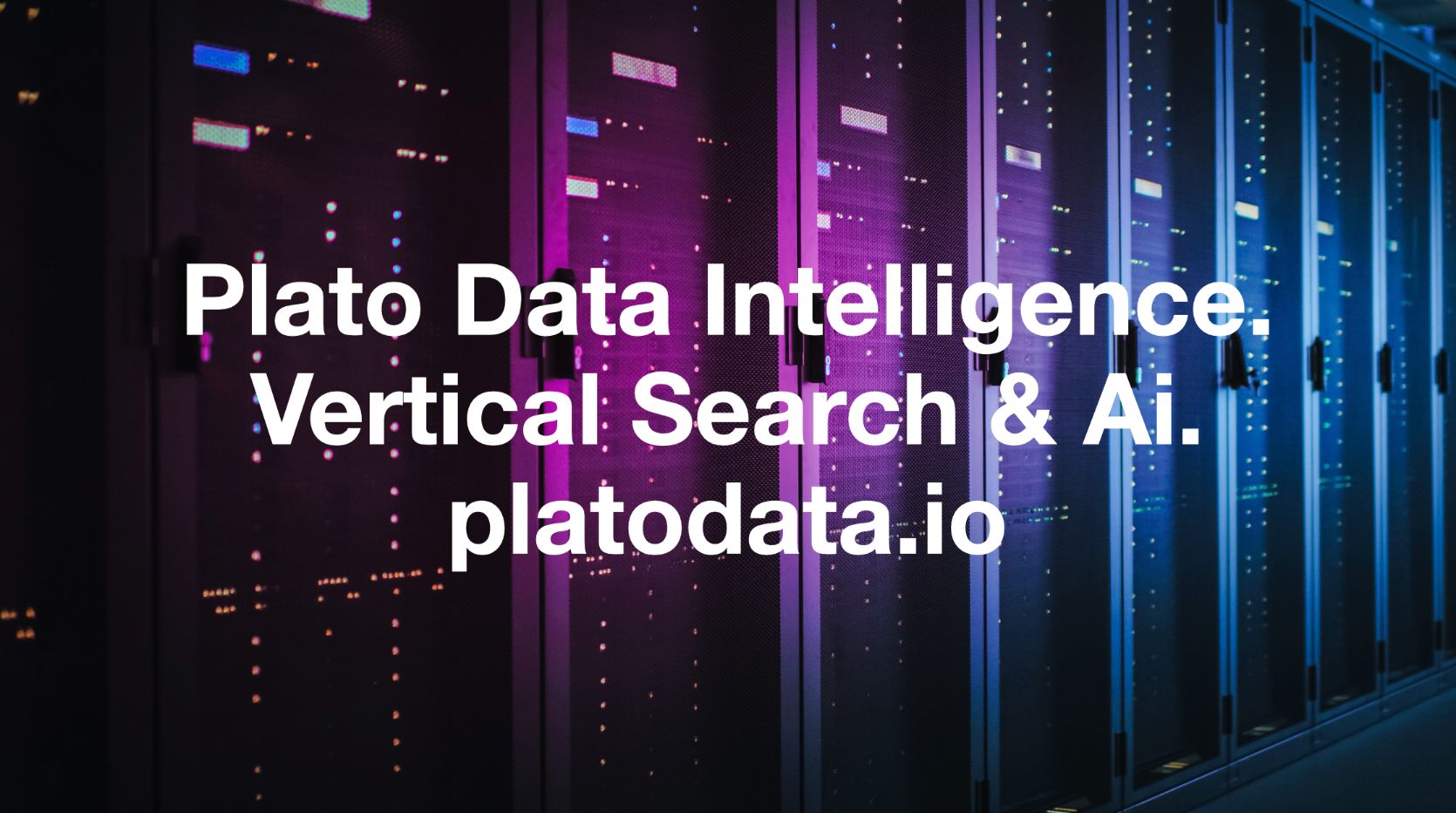
Artificial intelligence (AI) has been making waves in various industries, and it’s no surprise that it’s also set to revolutionize omnichannel marketing. Omnichannel marketing refers to the practice of creating a seamless customer experience across multiple channels, including online and offline touchpoints. With AI, marketers can now take this to the next level by leveraging data and automation to deliver personalized experiences at scale. Here are some significant changes that AI is bringing to omnichannel marketing.
1. Enhanced Customer Insights
One of the primary benefits of AI in omnichannel marketing is its ability to gather and analyze vast amounts of customer data. AI-powered tools can track customer behavior across multiple touchpoints, including social media, email, website visits, and in-store interactions. This data can then be used to create detailed customer profiles, including preferences, purchase history, and engagement patterns. With this information, marketers can create highly targeted campaigns that resonate with customers on a personal level.
2. Personalized Messaging
AI can also help marketers deliver personalized messaging across multiple channels. By analyzing customer data, AI-powered tools can determine the best time and channel to reach customers with relevant content. For example, if a customer has recently purchased a product online, AI can send them an email with related products or promotions. This level of personalization can increase engagement and drive conversions.
3. Improved Customer Service
AI-powered chatbots are becoming increasingly popular in customer service. These bots can handle routine inquiries and provide quick responses to customers 24/7. They can also be programmed to recognize customer intent and provide personalized recommendations based on their history with the brand. This not only improves the customer experience but also frees up human agents to handle more complex issues.
4. Predictive Analytics
AI can also help marketers predict customer behavior and identify trends before they happen. By analyzing historical data, AI-powered tools can identify patterns and make predictions about future behavior. For example, if a customer has been browsing a particular product category, AI can predict that they are likely to make a purchase in the near future. This information can be used to create targeted campaigns that drive conversions.
5. Seamless Integration
Finally, AI can help marketers seamlessly integrate their omnichannel marketing efforts. By automating tasks such as data analysis and campaign management, marketers can focus on creating engaging content and building relationships with customers. AI-powered tools can also integrate with existing marketing platforms, making it easier to manage campaigns across multiple channels.
In conclusion, AI is set to bring significant changes to omnichannel marketing. By providing enhanced customer insights, personalized messaging, improved customer service, predictive analytics, and seamless integration, AI-powered tools can help marketers create a seamless customer experience across multiple touchpoints. As AI continues to evolve, we can expect even more exciting developments in the world of omnichannel marketing.
- SEO Powered Content & PR Distribution. Get Amplified Today.
- PlatoAiStream. Web3 Intelligence. Knowledge Amplified. Access Here.
- Source: Plato Data Intelligence: PlatoData



